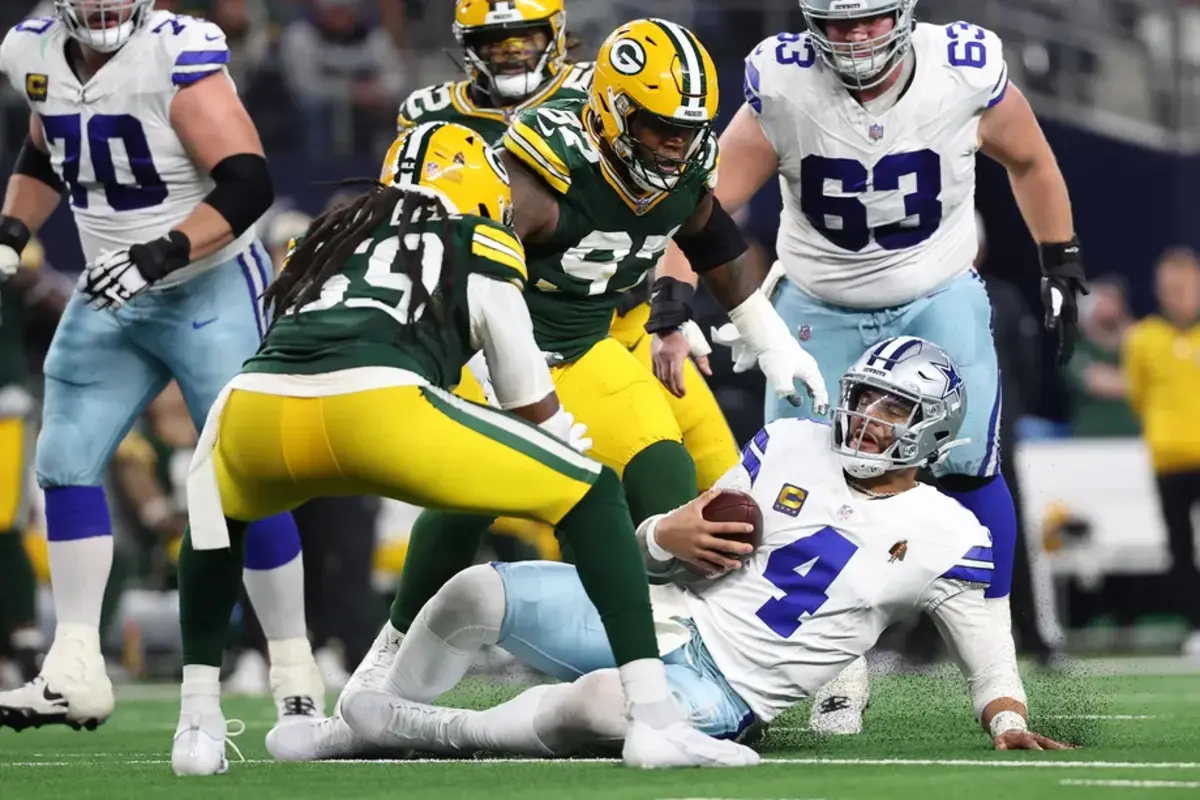The Puzzle of Underperforming Giants

The New York Yankees have not been to the Fall Classic since 2009, Manchester United sit mid-table in the premier league, the LA Lakers are below .500, and the heavily favorited Dallas Cowboys just got steamrolled in the playoffs by the Green Bay Packers. The catch is that all 4 of these teams are in the world's 12 most valuable franchises according to Forbes (valued at $7.1B, $6.0B, $5.90B, and $9.0B respectively)
So What Gives?
In the 90s and 2000s, the pull of playing for the winningest team in Premier League history or donning the iconic pinstripes was enough to woo any player, today though, that is not the case. There were times where the best free agent each offseason was destined for a contract with the Yanks, but the best players these days are beelining to the LA Dodgers or Man City in hopes of a title win. The harsh reality is setting in for these big-market teams that they can no longer spend their way to the top.
Spending restrictions have also affected these major franchises, as Hal Steinbrenner, the owner of the Yankees, voted in favor of the MLB luxury tax, punishing teams like the Yankees with high payrolls in seemingly self-sabotaging fashion. NFL teams are even more restricted with their salary cap of $224.8M.
Management Changes
Many of these teams, desperate to return to their former glory, are now seeking new coaching staff as a remedy to their woes. Jerry Jones, the Cowboys owner, is rumored to be pursuing Bill Belichick as Mike McCarthy's potential replacement. Man United have changed managers 5 times since 2013, and the Yankees' Aaron Boone is falling under scrutiny at the helm.
The Future
The struggles of these high-value teams underscore a pivotal shift in professional sports. Historical prestige and financial strength are no longer the sole determinants of a team's success. As the sporting world becomes more competitive and balanced, these franchises must adapt to the evolving landscape, where strategic management, cultural appeal, and on-field performance become increasingly crucial for sustained success.